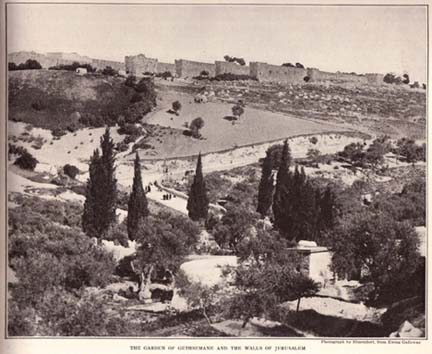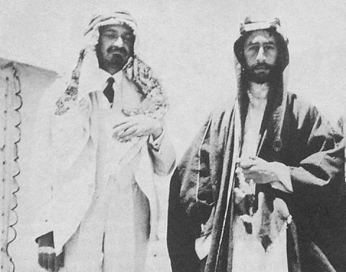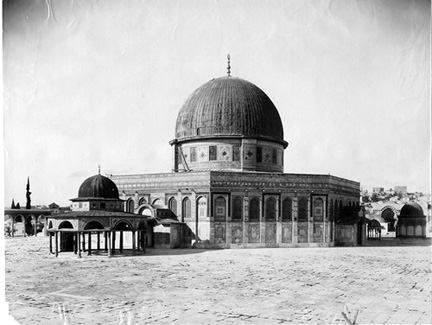
by Mark LeVine, PhD Dept. of History, UC Irvine, posted on Al-Jazeera, May 1, 2012
Dear David,
It’s been too long. I was a little surprised that I was not part of your just published list of dangerous, Jew- (self-) hating, Nazi-loving supporters of Boycotts, Divestments and Sanctions against Israel. Maybe I’m not good – sorry, evil – enough to have made the A-list of Israel-bashers featured in your April 24 New York Times ad . But not even your full list, with 1,004 professors, journalists, artists, activists and organisations? Was there really no room for me, one of your original 101 most dangerous professors?
Indeed, the new list, like the old one, is much longer than the sample you’ve presented. You’ve only scratched the surface; you should hire more interns. Let me help you a bit; you can add me now.
While adding my name, perhaps you might consider the implications of so many people from all walks of life joining the BDS movement: they have decided that decades of illegal Israeli occupation, massive settlement construction, the destruction and theft of much of the natural resources of the West Bank and Gaza – from olive trees to precious water resources – and the systematic detention, torture and murder of tens of thousands of Palestinians, have done grave harm to Palestinian society. These crimes against the Palestinians involve such a wide spectrum of Israeli society and government that calling for the boycott of Israeli institutions, divestment from the Israeli economy and sanctions against the government is both a necessary and moral response to this situation.
You argued in the New York Times ad that supporting BDS is akin to supporting the Nazi attacks on Jews in the years leading up to the Holocaust. You have labelled anyone who accuses Israel of murdering Palestinians – which is actually a statement of fact, not an accusation – a terrorist or supporter of terrorism. This is, of course, nonsense. Continue reading Dear David Horowitz, stop the slander and come to Palestine


 Children hold an Israeli flag in the Jewish settlement of Itamar on the West Bank; Photo by Rina Castelnuovo, The New York Times
Children hold an Israeli flag in the Jewish settlement of Itamar on the West Bank; Photo by Rina Castelnuovo, The New York Times



